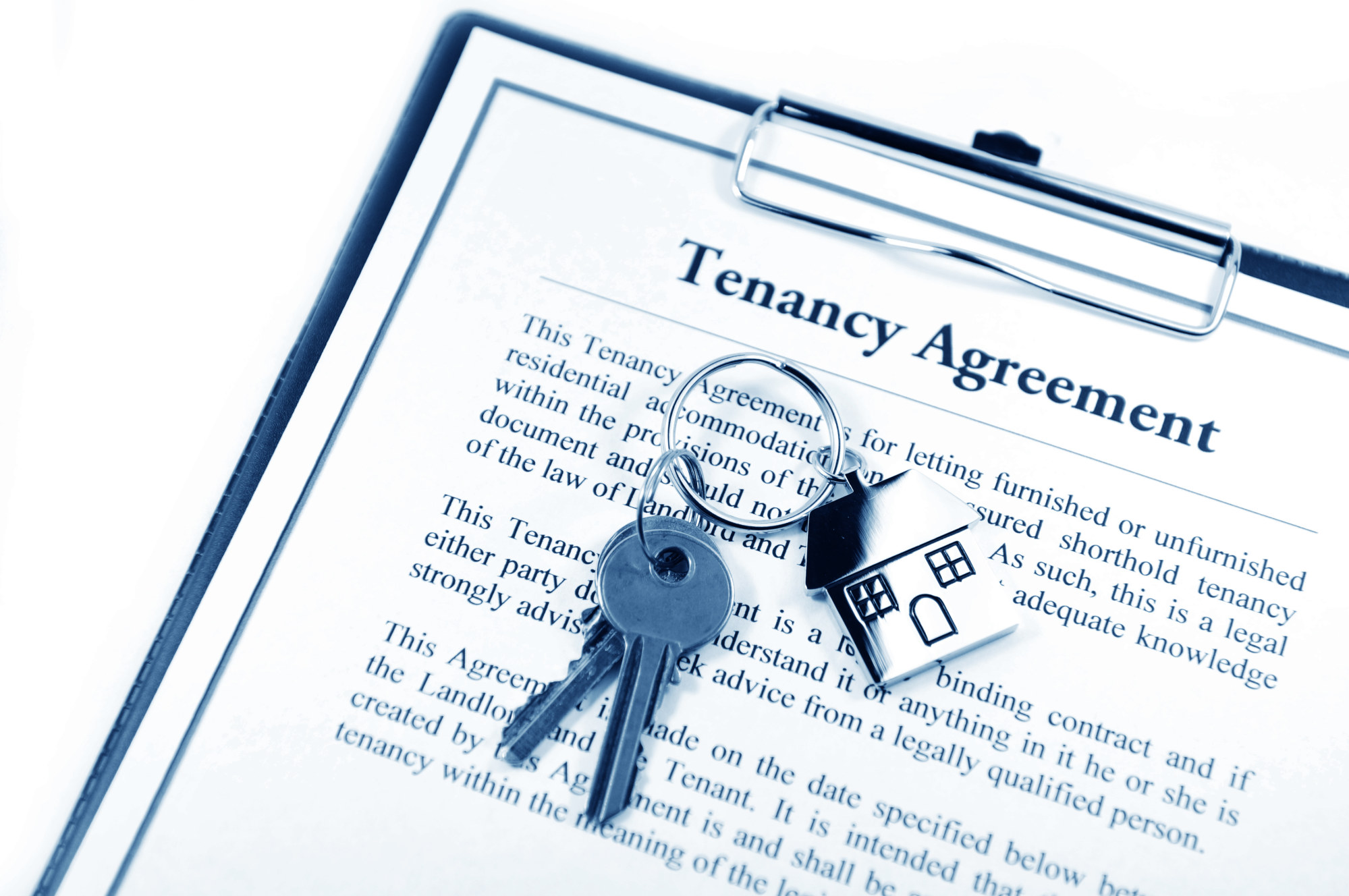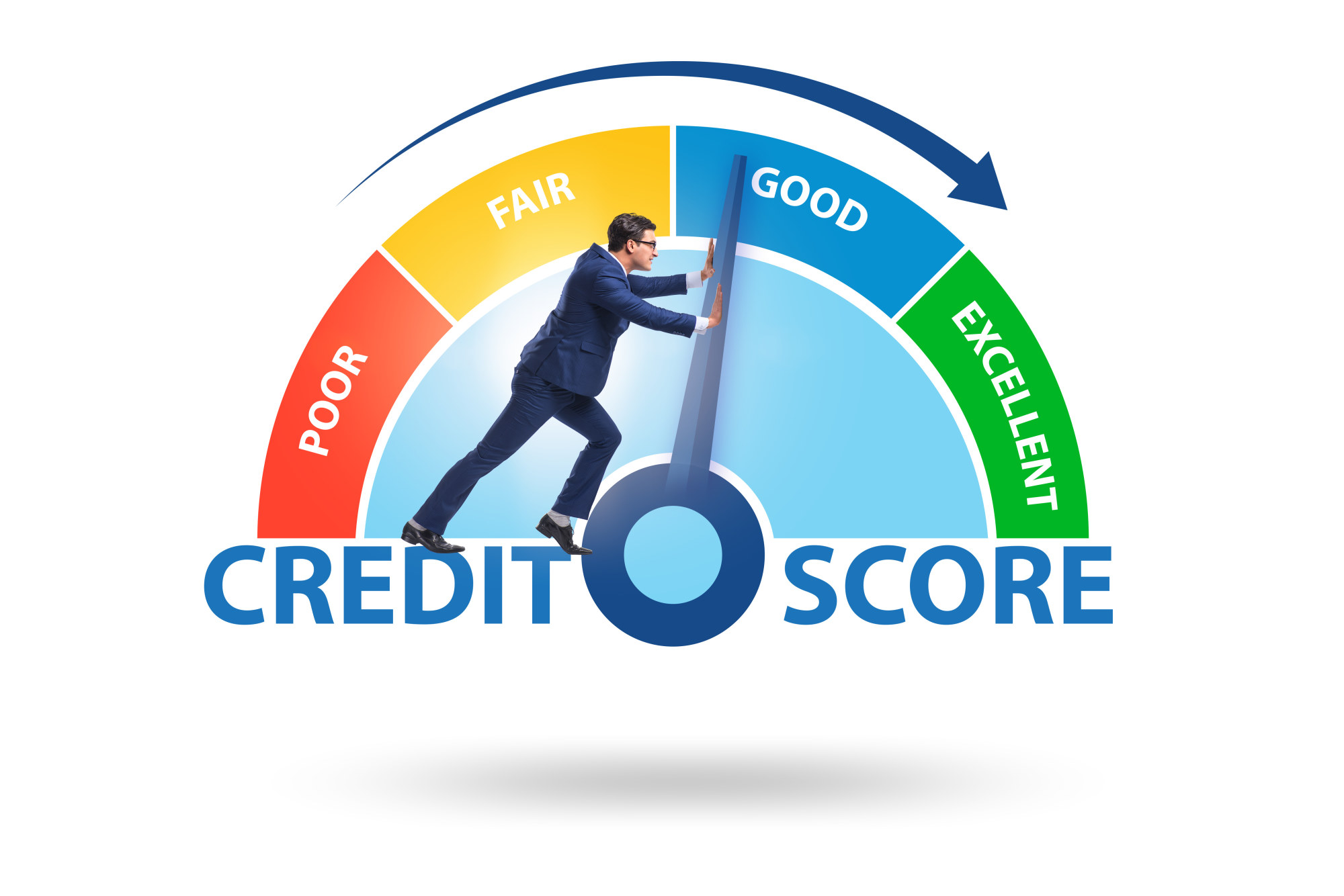It’s one thing to build a good credit rating, but it’s a different thing to try to fix a credit score quickly once it is in a state of disrepair. The good news is it’s possible. In addition to having discipline with your spending, there are specific ways to quickly improve your credit score.
If you need to improve your credit fast, read on for four ideas that might help.
1. Credit reports sometimes need to be corrected.
That’s right; your credit report might be wrong. If it is, you need to have it corrected. The first step is getting a copy of your credit report and checking it for accuracy. By law, three big credit bureaus are required to offer one free credit report per year: Equifax, Experian, and TransUnion. Then, contact the customer service department if you find the error (have the proof on hand) and follow the process required to fix the mistake.

2. Less is more (with credit card balances)
So you’ve got one, two, or maybe three or more credit cards. You’re trying to keep up, but you’re feeling overwhelmed. So first, stop using them except for emergencies. Next, pay as much as you can afford every month (at least your minimum payment) to slowly lower your balances. Here’s why: Something called “credit utilization ratio” really matters when it comes to your credit score. This ratio is the total combined credit you are currently using compared to your total credit limit or the amount you could be using.
Put more simply, if you have a credit card with a $500 balance and a credit limit on the card of $1000, your credit utilization ratio is 50%. That’s not optimum. Ideally, your CUR should be at most 30%. So do the math and keep paying down those balances.
3. Don’t Be Late!
Banks don’t like overdue payments, period. After all, when you apply for a credit card, you promise that if you give me the merch, I’ll give you the money (next month, on time). So when a potential landlord runs your credit and sees late payments everywhere, why would she want to rent to you? Next in line, please.

4. Get a Loan to Repair Your Credit
It seems counterintuitive, but a type of loan called a Credit Builder Loan was created to help people build (and repair) credit. Here’s how it works: You apply and are approved for a loan. Let’s say $2,000. Instead of being handed $2,000 and then paying that balance down every month, you make payments to the bank each month. Then, when it’s paid off, you get to yell, “Show me the money!” and they give you $2,000. These loans usually come with lower interest rates than other types of loans. All those on-time payments will help edge that credit score in the right direction.
While you can repair and rebuild your credit, it takes time and discipline, and following these tips may be the shortest point from a low credit score to a higher one. Of course, above all else, the obvious advice is to watch your spending in the first place. Setting yourself up for success by thinking ahead is the next best piece of advice.

There are ways to avoid going into debt and protect your income from one of the most significant expenses these days: medical bills and related medical expenses, including long-term care. For police and fire personnel and their spouses, NPFBA offers great long-term care plans that allow you to spend what you need today while protecting your money for tomorrow.




